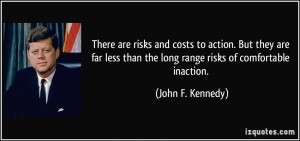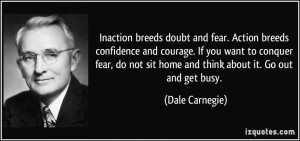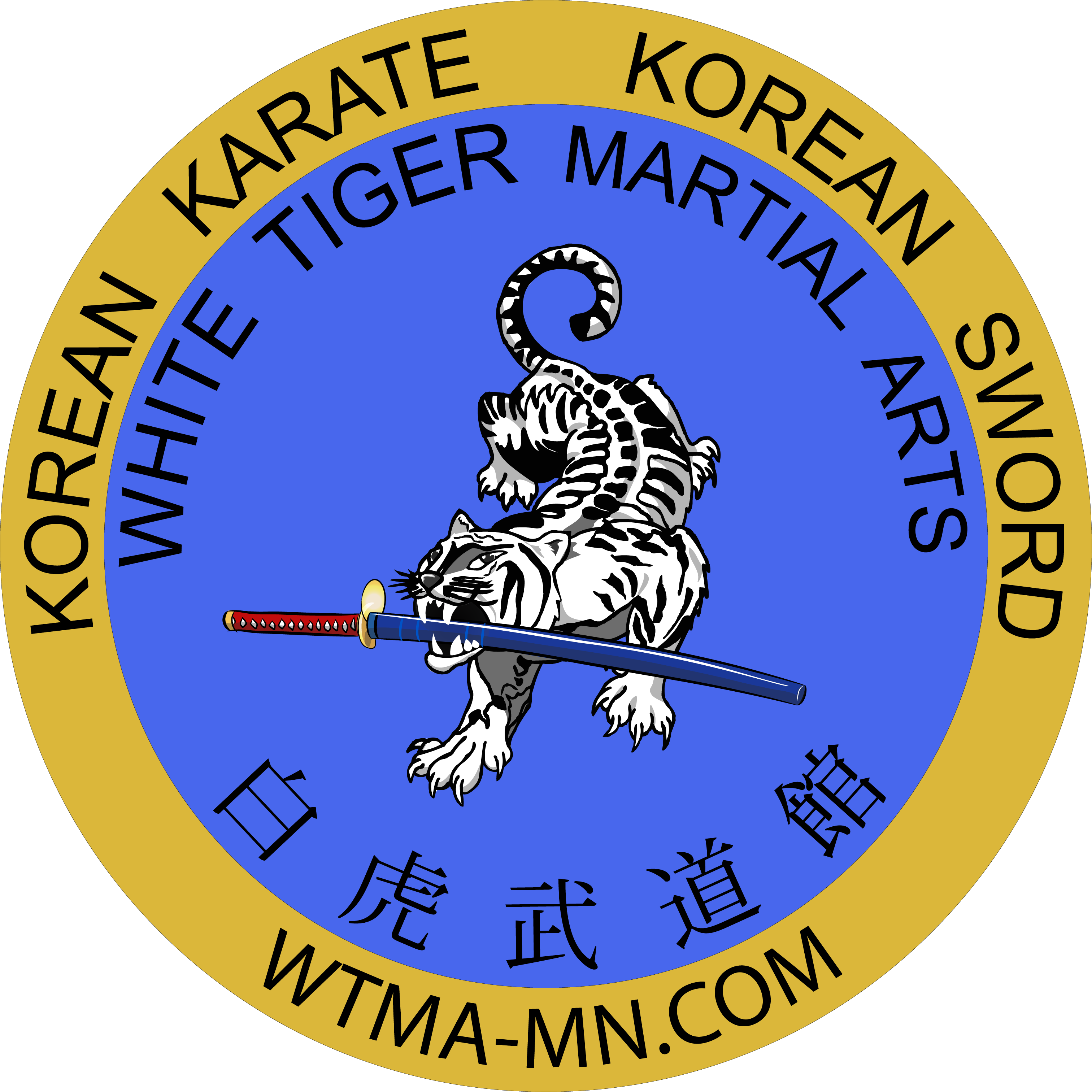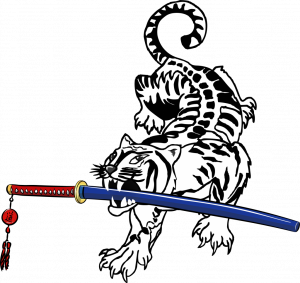 I don’t remember where I heard this, whether it was a really cool philosophical martial arts book or a television show but it something that keeps coming back to me. All too often people pause, hesitate, flinch and think…even tell others…that they didn’t choose what happened to them. In some cases, like the starter I have to change on the van tonight, that may be true but not acting to change the starter (solve the problem) will not let me drive it tomorrow. I can’t blame the van for not working. I am not a victim of anything but my lack of effort.
I don’t remember where I heard this, whether it was a really cool philosophical martial arts book or a television show but it something that keeps coming back to me. All too often people pause, hesitate, flinch and think…even tell others…that they didn’t choose what happened to them. In some cases, like the starter I have to change on the van tonight, that may be true but not acting to change the starter (solve the problem) will not let me drive it tomorrow. I can’t blame the van for not working. I am not a victim of anything but my lack of effort.
This leads directly to the fact that martial arts is about problem solving. I’ve liked Randy King’s comment that responding to violence is “high speed problem solving”. A perfect point! Our training helps to develop these problem solving skills. Traditional martial arts develops these skills systematically by teaching individual techniques, then combinations and placing combinations into patterns. Sparring adds another dimension to this by allowing training to be more dynamic.
Marc MacYoung’s comment about problem solving reminds everyone that we are responsible for finding the answers to our problems. Training and education should greatly affect the quality of answers that you can find. Again, sparring is a good example. If I hit you with the same technique repeatedly 10 times (even 3 times), you NEED to find a better answer.
Now, I will agree that there are many reasons – fear, psychological conditioning, insecurity – why you don’t change your response but in class, while training with friends, is THE place to work on them. Recognition that your training is beyond the physical technique is the sign of a true martial artist. Training is your chance to learn the skills necessary for use in your WHOLE life.
 It is super important to note that this doesn’t apply only to physical conflict. There have been several times, when asking a youngling a question, that I’ve gotten a blank stare or “I don’t know.” in response. It isn’t too dissimilar to how you kept avoiding the teacher’s eyes when you knew they were going to ask a question in an attempt to not be called on. If I stand here and not move, then they’ll move on to someone else. Avoidance doesn’t change the problem. It is a decided course of action that you must accept the consequences for.
It is super important to note that this doesn’t apply only to physical conflict. There have been several times, when asking a youngling a question, that I’ve gotten a blank stare or “I don’t know.” in response. It isn’t too dissimilar to how you kept avoiding the teacher’s eyes when you knew they were going to ask a question in an attempt to not be called on. If I stand here and not move, then they’ll move on to someone else. Avoidance doesn’t change the problem. It is a decided course of action that you must accept the consequences for.
Avoidance does not make you a victim. It is your response choice that put into the position. It probably also created at least one more problem that you now need to solve. These problems will compound until you are well over your head.
Use the skills that you’ve learned. Develop them further so they will work for solving more problems. Choose your responses well. Change your responses, when needed, to become more successful. At any given time there is only one thing that you can control – YOU!
Author: Master Robert Frankovich
As you read and enjoy the posts on this site, please consider “sharing” them! The “likes” help generate additional readership but “sharing” will help even more! Thank you for your assistance!
If you have questions, please feel free to contact me!


